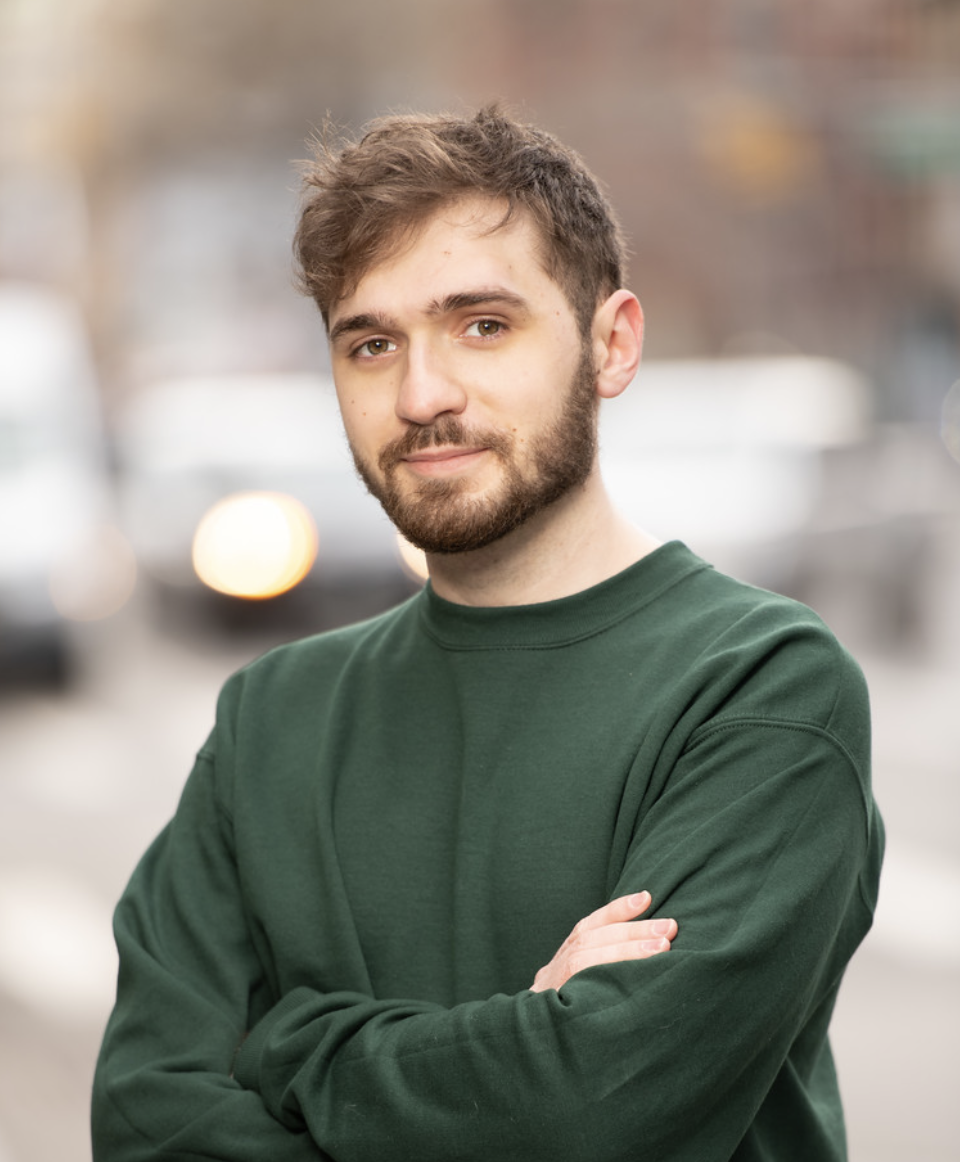Land Acknowledgement: It is essential to recognize both the history of the land on which I stand, and the still-unfolding story of its rightful inhabitants. The island of Manahatta is the ancestral home of the Munsee Lenape people. Though successive treaties have recognized Lenape sovereignty, such as that of the Delaware Nation, the perpetrators of colonialism have repeatedly subjected Lenape people to genocide, forced relocation, and dispossession. Lenape people have created homes for themselves in communities like the Delaware Nation, the Stockbridge-Munsee Community, and the Munsee-Delaware Nation, in regions varying across a wide expanse of land from Oklahoma to Ontario. Their resilience should inspire us to take action in support of Indigenous people everywhere, who continue to wage struggles for equality and liberation. As we do so, we must also work to empower and protect Lenape people here on Manahatta.
Content Warning: Grief, mention of Death
I can only speak for myself.
The question of exhaustion, and its impact on artists under current conditions, is never far from my mind. Perhaps that’s because I am thoroughly exhausted. As a student, I’ve been spending anywhere from four to ten hours a day sitting in front of my computer attending class, reading, writing essays, and working on projects with others, among a variety of other tasks. Some of the terminology I’ve encountered in the news refers to this phenomenon (as it relates to video calls in particular) as “Zoom-fatigue.” That seems more or less apt to represent the technological aspect of it— the new omnipresence of my screen(s), or the feeling that my brain-power has been progressively uploaded through my eyes to be stored in some distant server. But part of me wonders if it isn’t rooted in something a little more basic. I’ve had a similar workload in earlier semesters— but back then, I could spend time at a library for my research, or write at a coffee shop, or attend a rehearsal in a studio. Now, I do all of those things from one or two designated sitting areas in my apartment. The world (as I experience it day-to-day) has shrunk. The expectations have not. So it goes.
The mass-death event which has unfolded over the last year is both painfully close and eerily distant. I’ve known people who lost close relatives, or were themselves clinging to life alone in a hospital somewhere as a result of COVID-19. I’ve known people who figured, after a few months of lockdown, that it wouldn’t be a big deal to go clubbing. All the while, far above our heads, the number steadily increased, heedless of any prayer or informed article or well-meaning initiative from the CDC. As I write this, the total pandemic death toll in the US stands at around five-hundred and fifty-five thousand. The moon continues to spin, the sun continues to trip over the earth every twenty-three hours and fifty-six minutes, and I continue to push.
I don’t mean for the (admitted) bleakness of that sentiment to be an indicator of undue sadness or stress. I only worry that, in the ongoing tumble, I might end up finding it more opportune to pretend as though none of it were the case. Maybe I could stuff it all into a metaphorical balloon marked “It’s been a rough year,” and let it float away. But I’ve come to think that, without reckoning with the real tragedies of the last year, and without recognizing the real impact that these conditions have had on me, any sense of hope that I might withdraw from the end of the tragedy (and ideally some form of “Return to normal” within day-to-day life) would be hollow. If I can conjure it, I’d prefer a full hope— consciously defiant of the circumstances, rather than oblivious. By naming it here, I hope that moving forward, I can adjust my expectations of others (as well as myself) based on an understanding that their world might just be shrinking.

Dylan Gottlieb
He/Him/His
DSF Digital Internship Participant
The New School, College of Performing Arts
Dramatic Arts BFA 2021